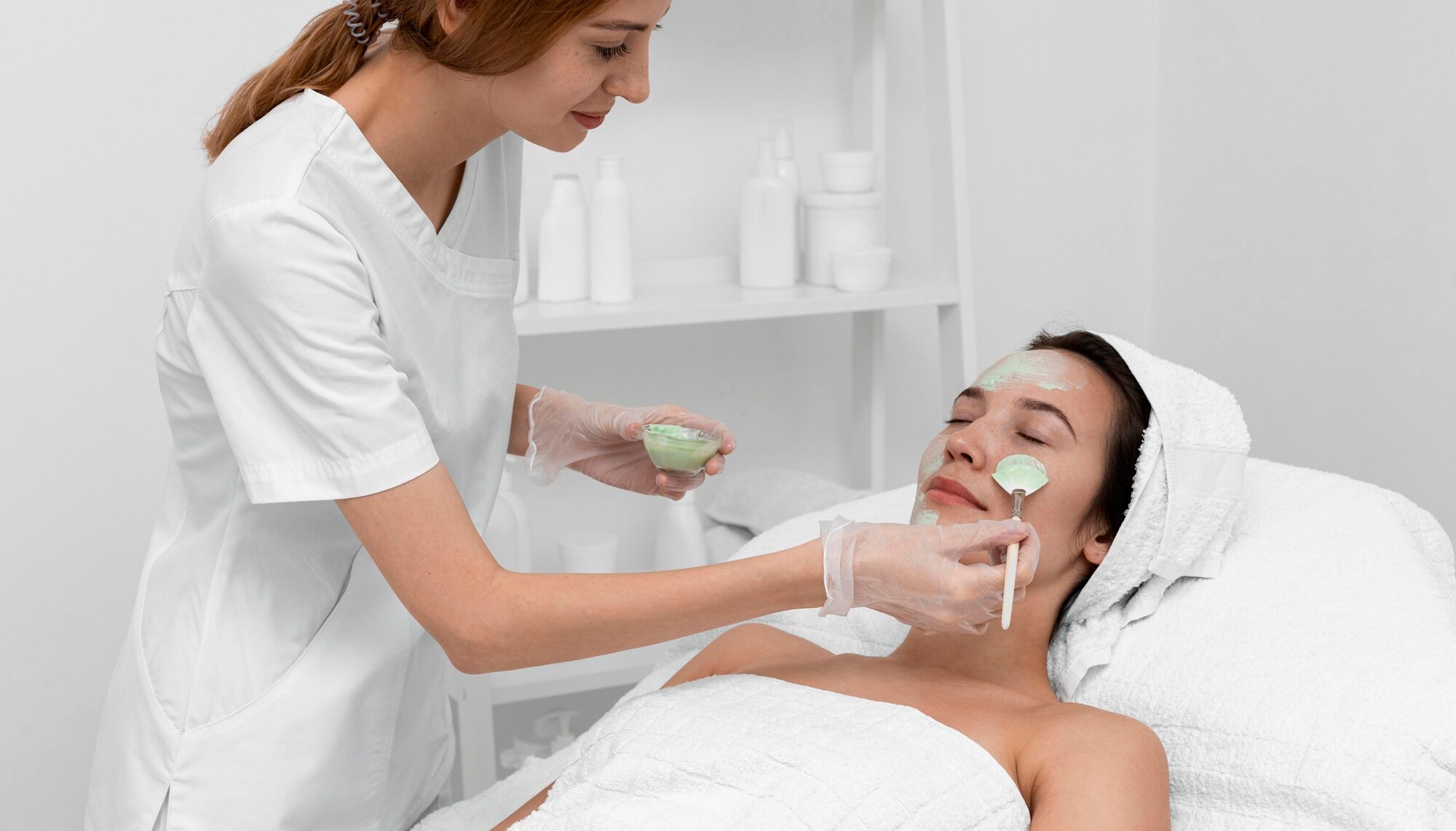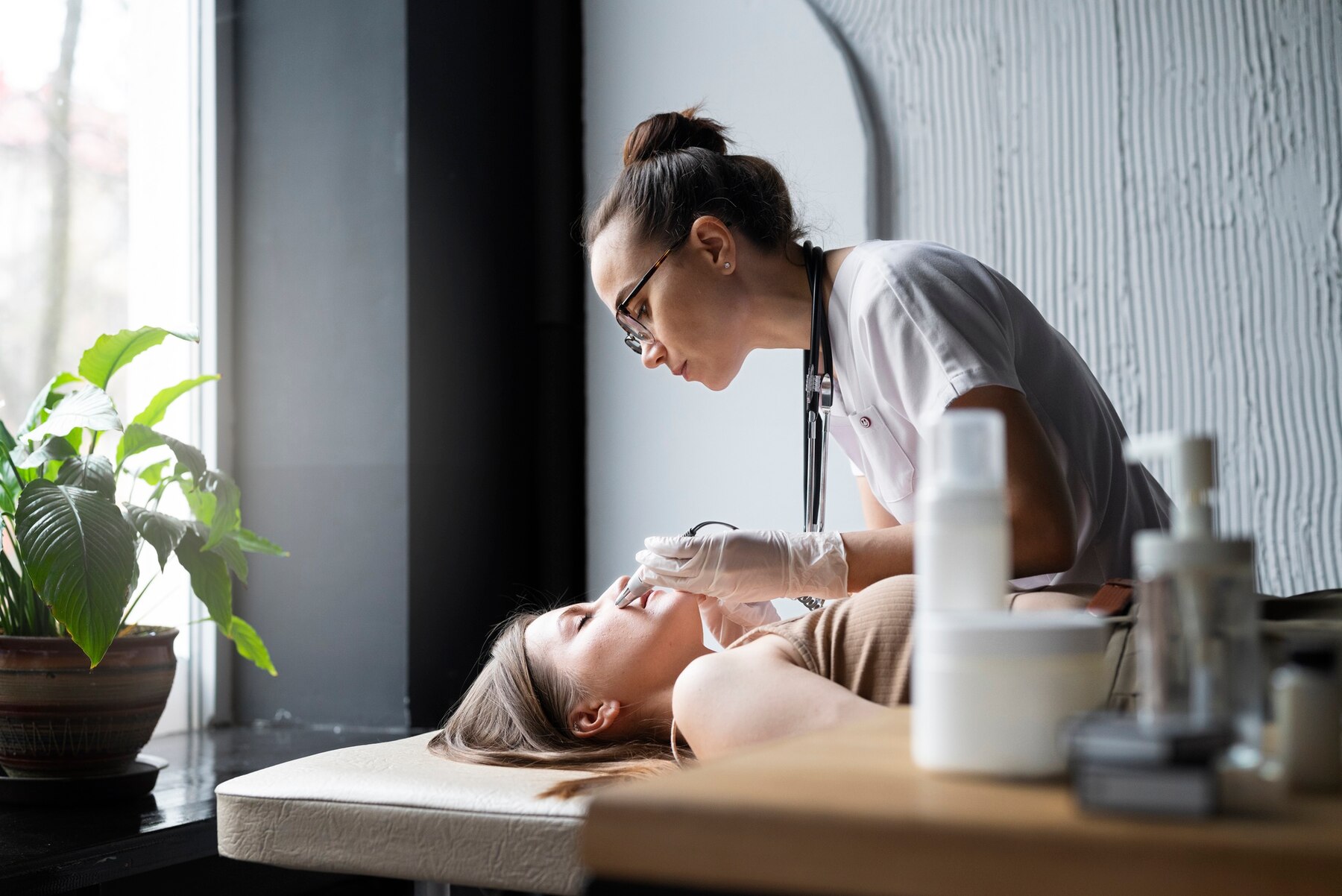-

1
Consultation
Individuals undergo a consultation with a dermatologist or skincare
specialist to assess the severity and type of acne, as well as to identify potential triggers
and underlying factors contributing to acne breakouts.
-

2
Customized Treatment Plan
Based on the consultation, a personalized anti-acne treatment plan is developed. This plan may
include a combination of topical medications, oral medications, lifestyle modifications, and
professional treatments tailored to individual needs.
-

3
Topical Treatments
Topical medications such as benzoyl peroxide, salicylic acid, retinoids, or antibiotics may be
prescribed to target acne-causing bacteria, reduce inflammation, unclog pores, and promote skin
renewal.
-

4
Oral Medications
In more severe cases of acne, oral medications such as antibiotics, hormonal therapy or anti acne medication may be recommended to address underlying causes
of acne and prevent future breakouts.
-

5
Lifestyle Modifications
Lifestyle factors such as diet, stress, and skincare habits can influence acne. Individuals may
be advised to make dietary changes, manage stress effectively, and adopt a consistent skincare
routine to support acne management.
-

6
Professional Treatments
In addition to homecare, professional treatments such as chemical peels, microdermabrasion,
laser therapy, or acne extraction may be recommended to complement the anti-acne regimen and
accelerate results.